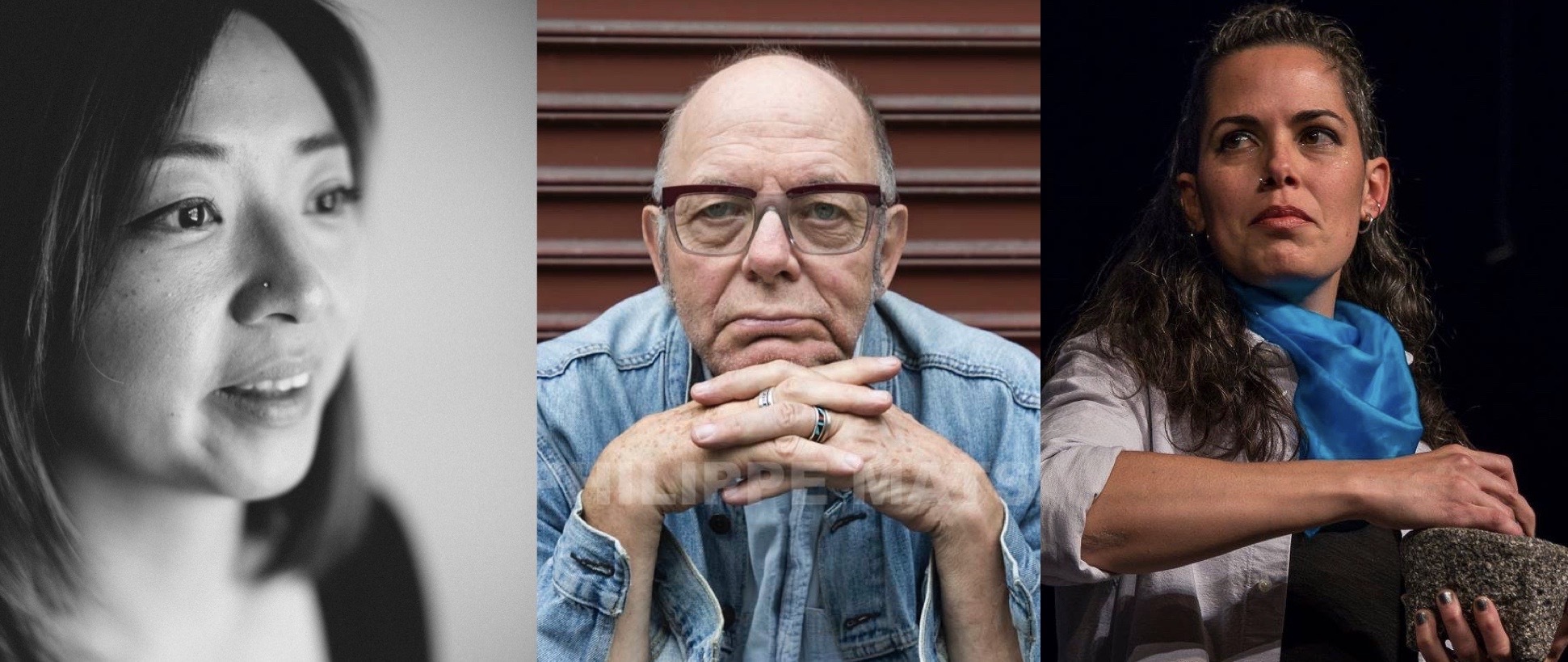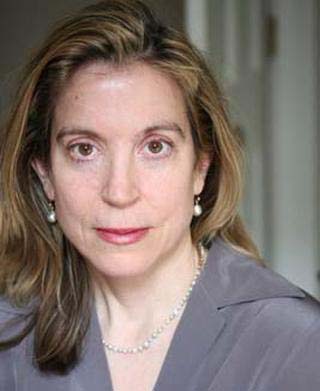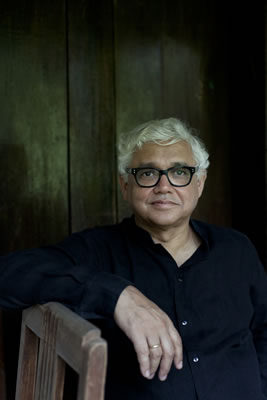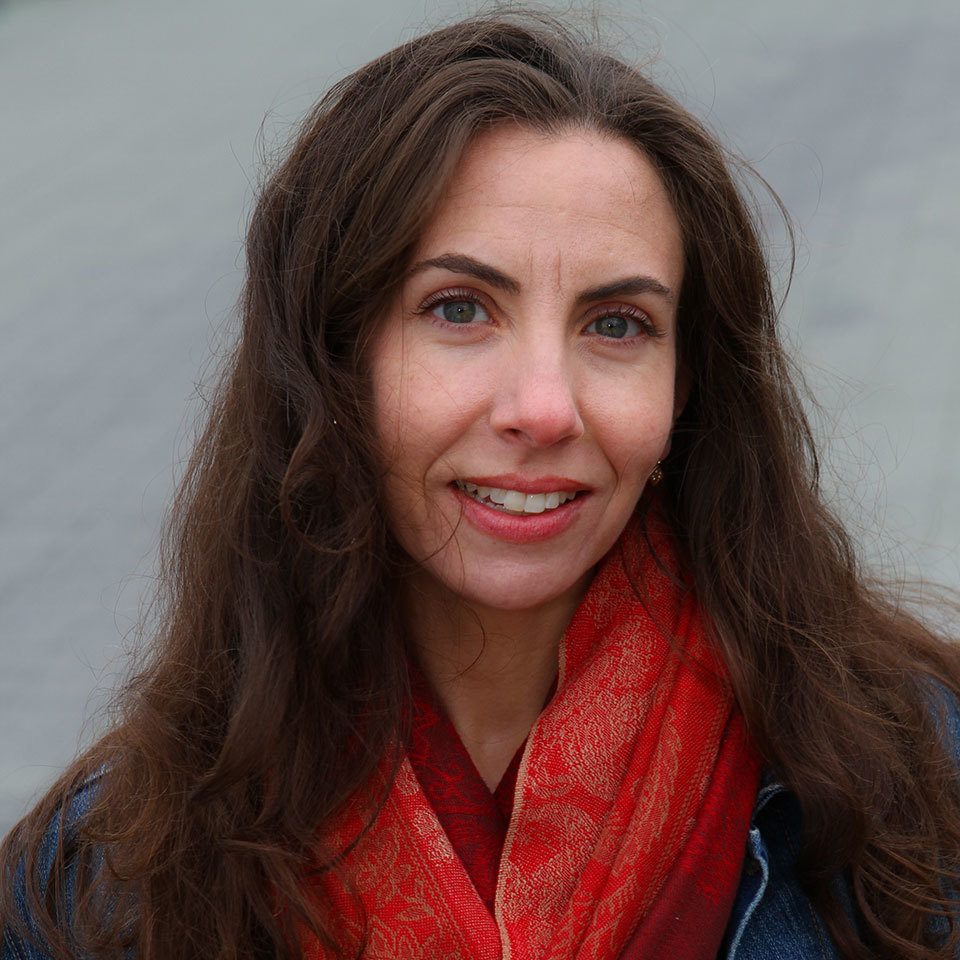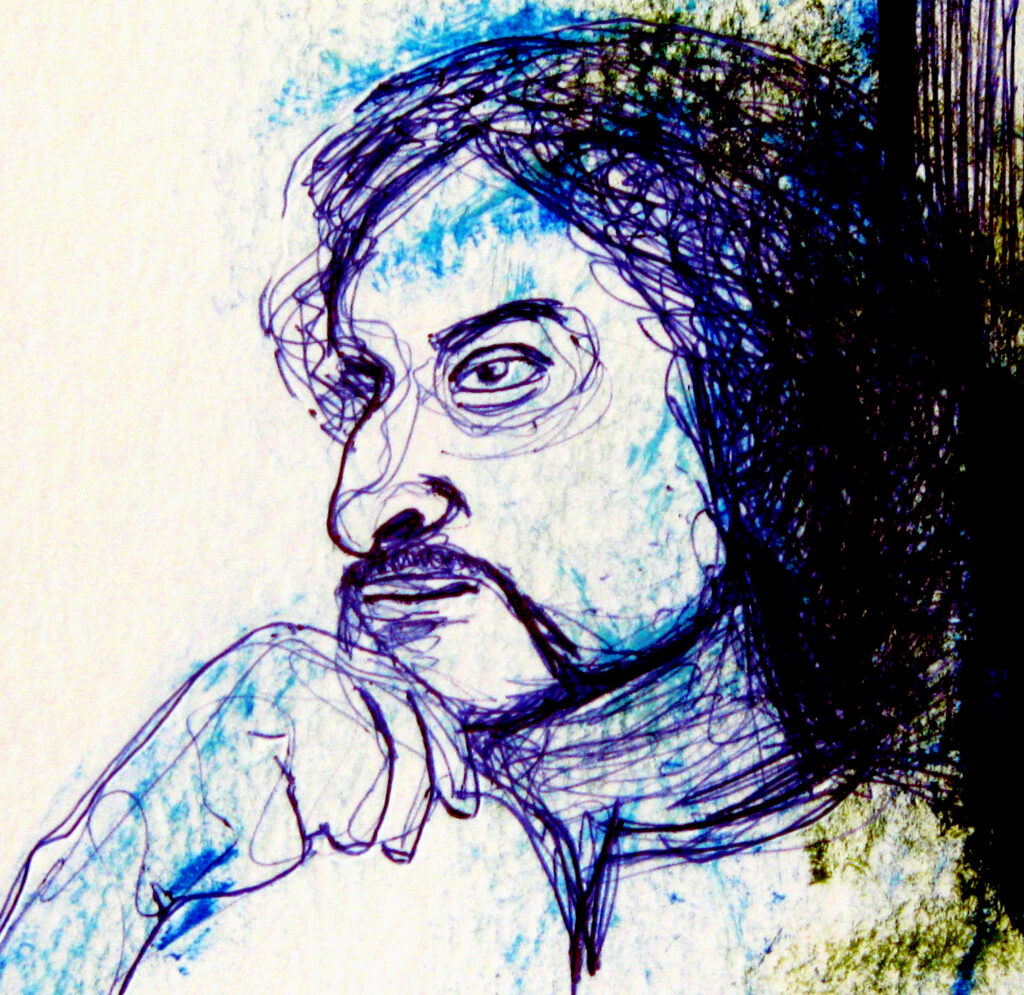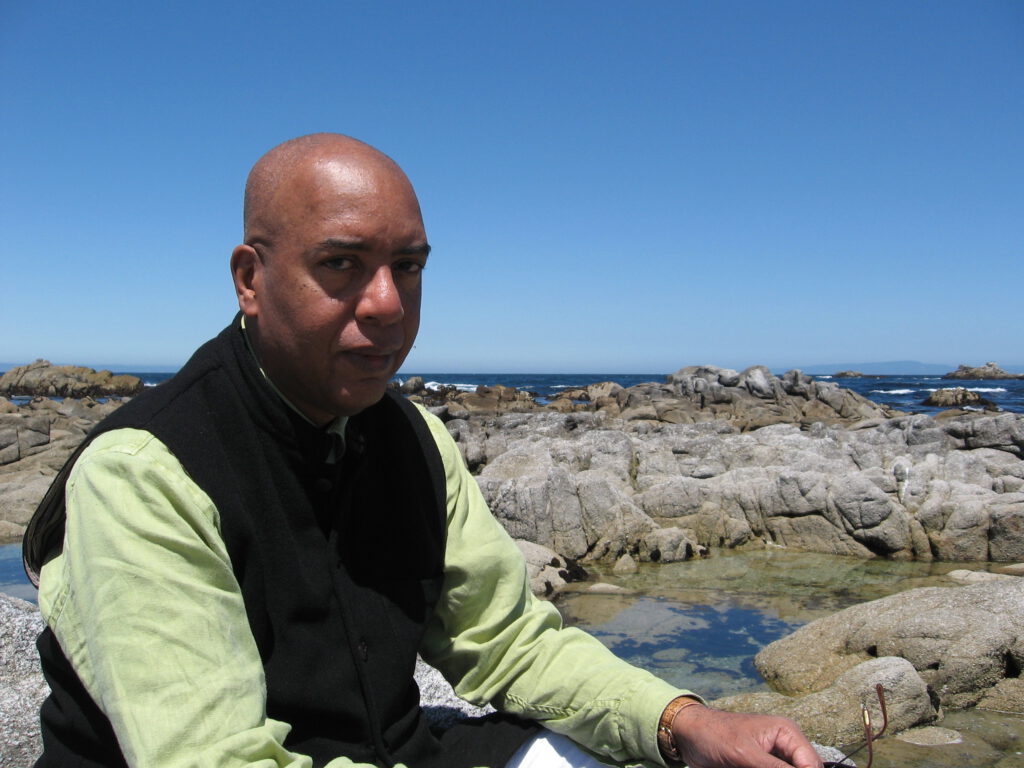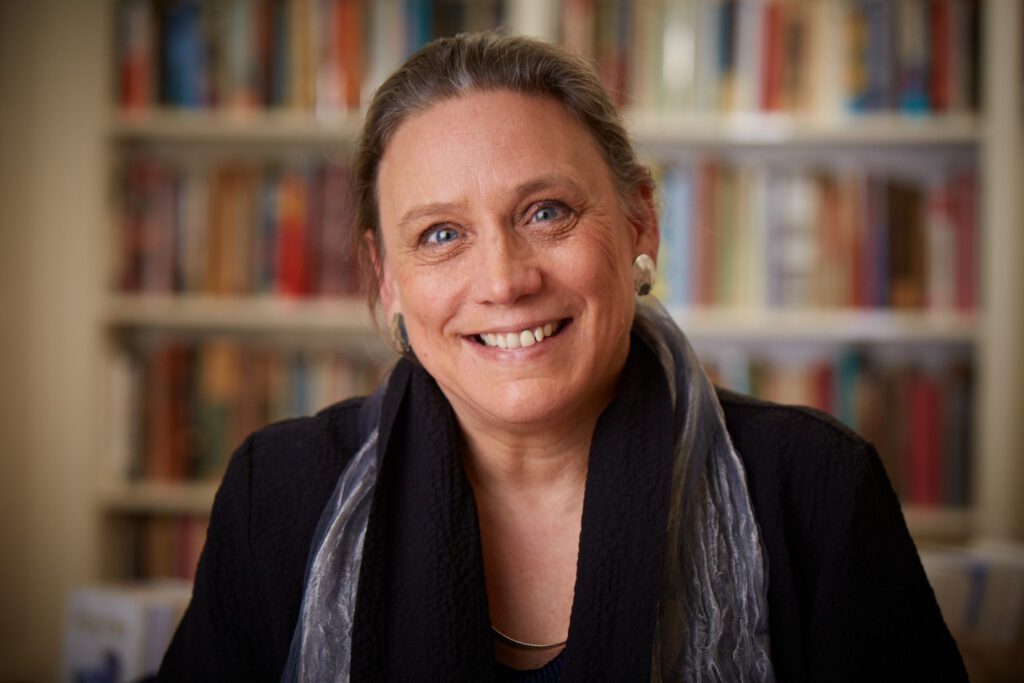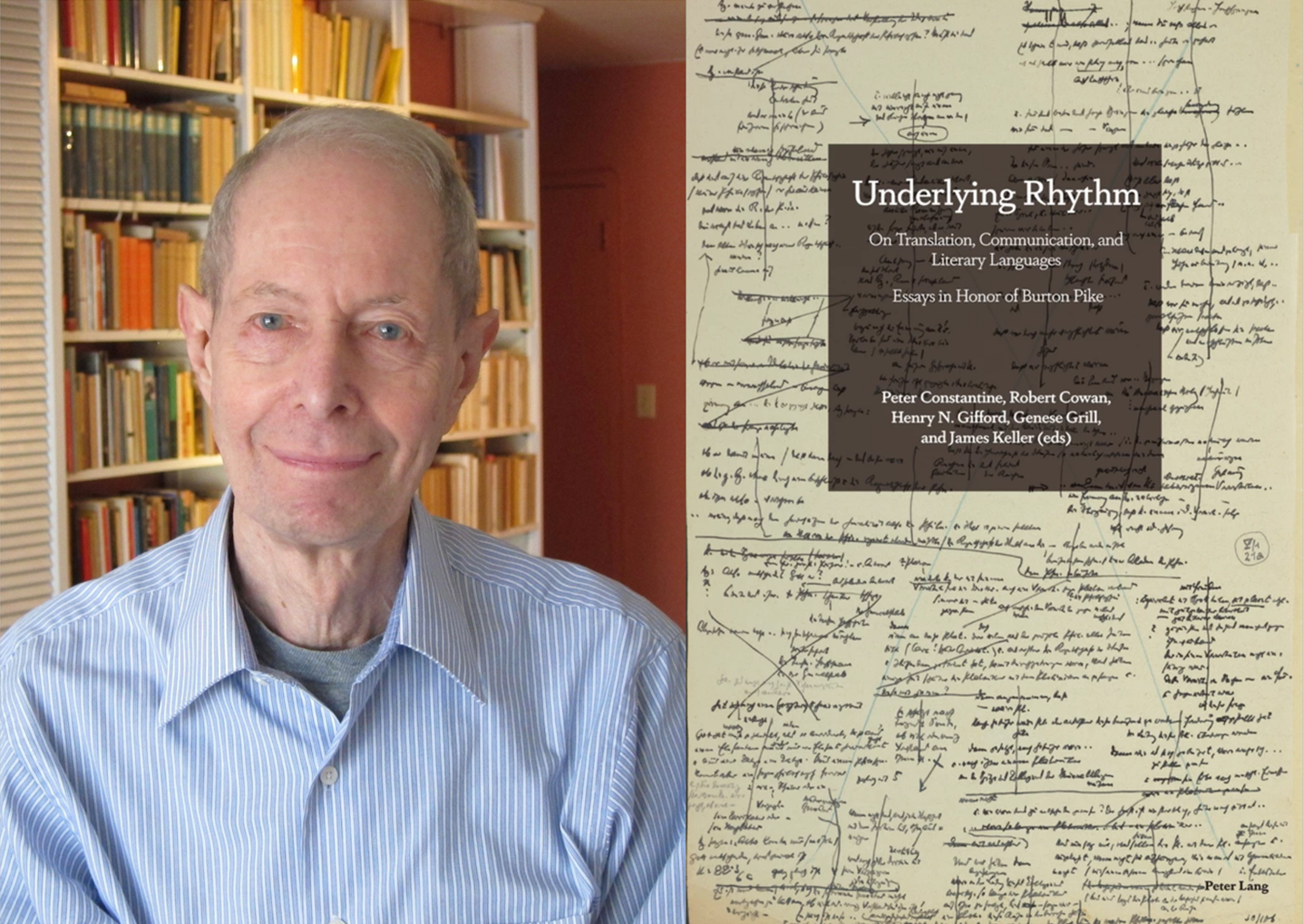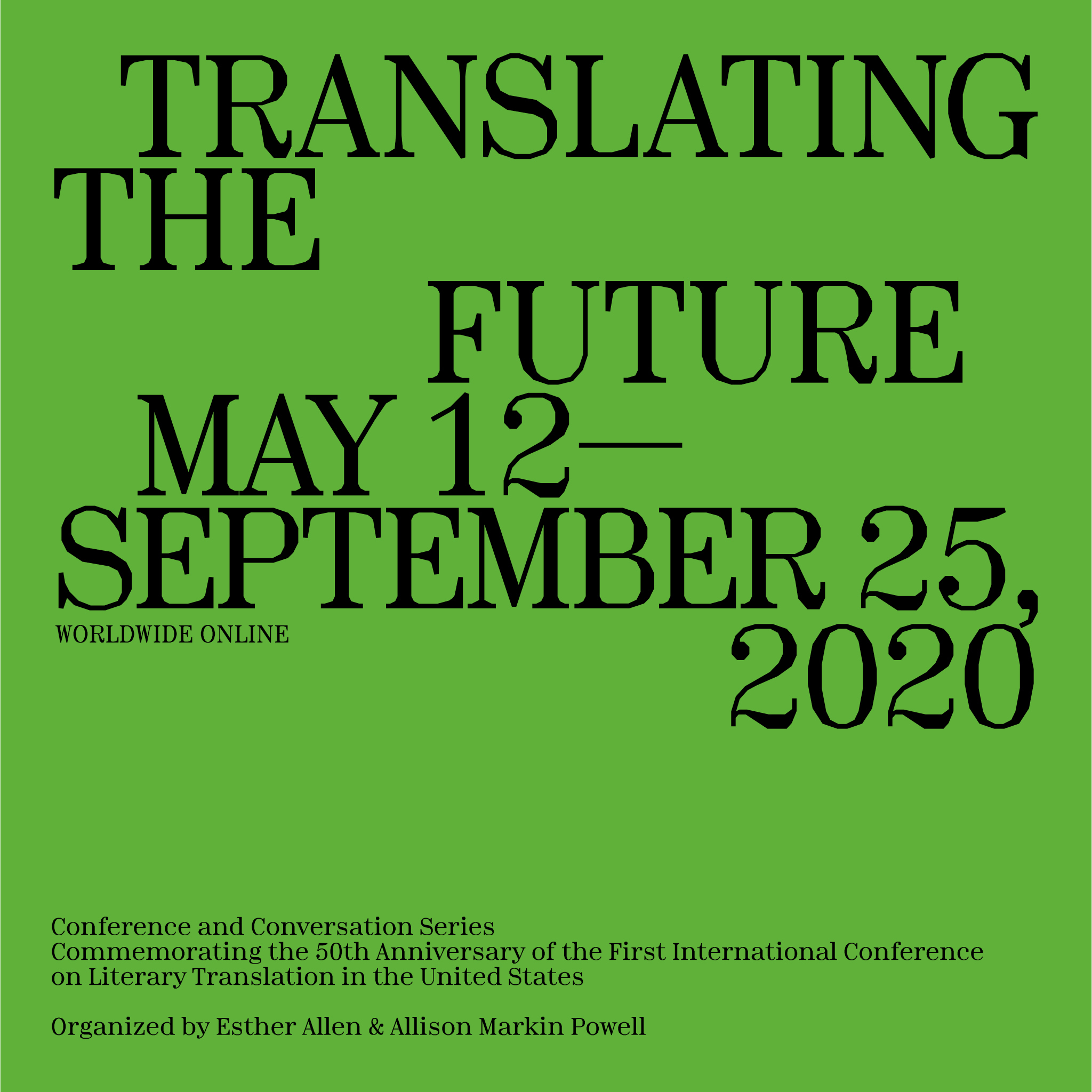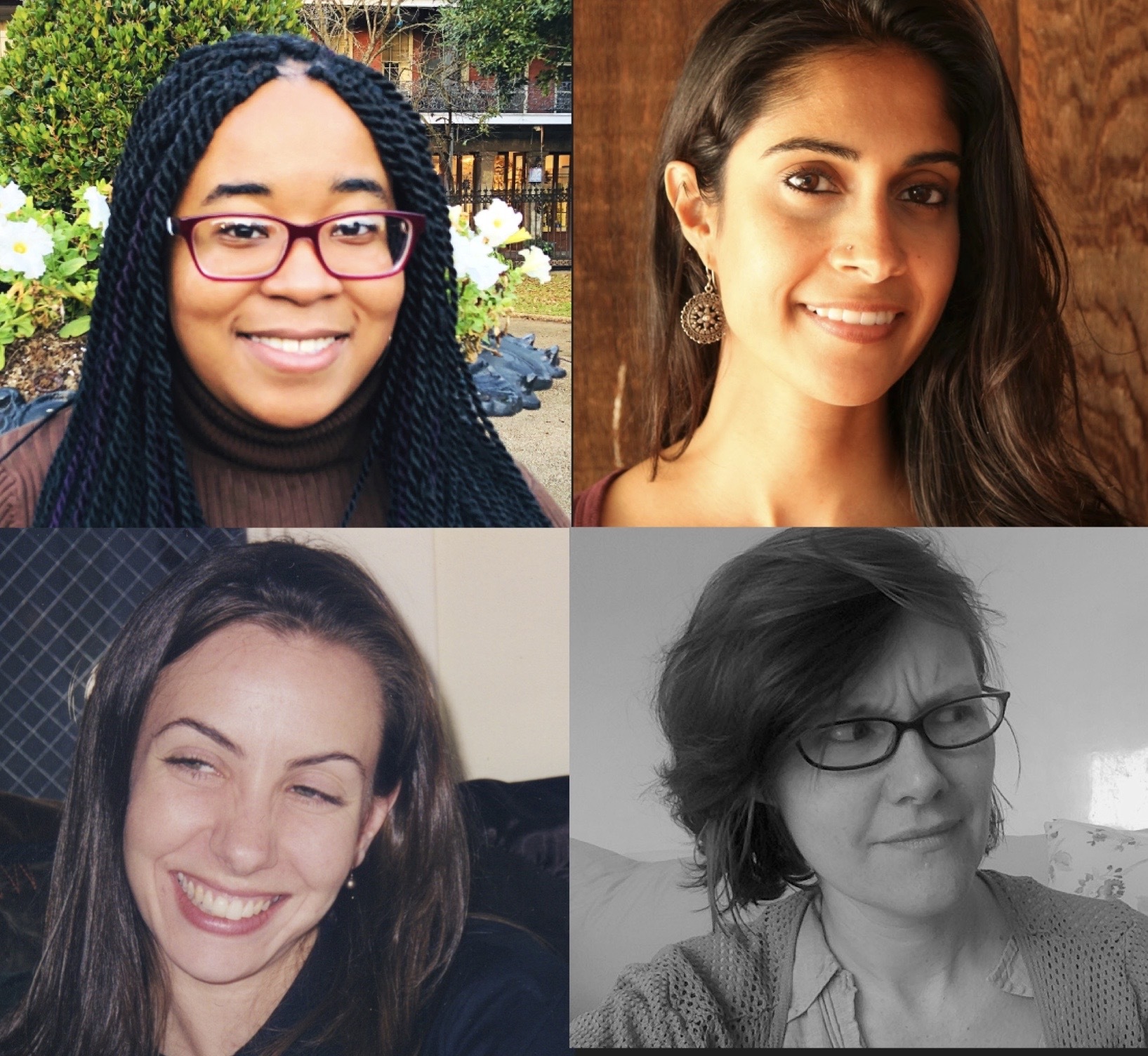Translating the Future: “Untranslating the Classics,” with Laurie Patton, Gopal Sukhu & Vivek Narayanan
Tue, Sep 1, 2020
1:30 PM–2:30 PM
Livestream via HowlRound; Register for link below

Click here to watch the livestream of this event, starting at 1:30 PM (EDT).
Join us for Week 17 of Translating the Future as we continue our series of conversations between translators with “Untranslating the Classics,” with Laurie Patton, Gopal Sukhu and Vivek Narayanan.
It has been said that every generation deserves its own translation of literary classics. But who decides when it’s time for a new version, and by whom? How are these texts in dialogue with each other? What can these new editions tell us about ourselves? Join us for a conversation about translating and writing through classic works from Sanskrit, Tamil, and Chinese.
Click here to register for this event and for the link to the livestream. Free and open to the public, the livestream will start at Tue, September 1st, at 1:30 PM (EDT).
The conversations will be hosted by Esther Allen & Allison Markin PowellLarissa Kyzer. *Viewers can submit questions during the livestreaming at [email protected].
Speaker Bios:
Laurie L. Patton is the 17th president of Middlebury, and the first woman to lead the institution in its 219-year history. Patton is an authority on South Asian history, culture, and religion. She is the author or editor of nine scholarly books. She has also authored three books of poetry, and has translated the classical Sanskrit text, The Bhagavad Gita.
Gopal Sukhu is a graduate of Boston Latin School and Yale University, where he studied with Hans Frankel. After studying Chinese history, literature, and archaeology at Wuhan University on a Fellowship from the Committee on Scholarly Exchange with the People’s Republic of China, he received the PhD in Chinese Literature from Columbia University, where he studied with C. T. Hsia and Hans Bielenstein. During the 1970s he was lyricist for the Finnish jazz composer Heikki Sarmanto. He has taught at the Cultural College in Taiwan, Hunter College, Columbia University, Ohio State, and Queens College, where he teaches Classical Chinese and Comparative Literature. His publications include “A Male Mother Mencius Moves House Three Times,” in Silent Operas, in collaboration with Patrick Hanan, The Shaman and the Heresiarch: A New Interpretation of the Li Sao, and The Songs of Chu, a complete translation of the second oldest anthology of Chinese poetry, the Chuci.
Vivek Narayanan’s books of poems include Life and Times of Mr S and the forthcoming AFTER: a Writing Through Valmiki’s Ramayana. A full-length collection of his selected poems in Swedish translation was published in 2015 by the Stockholm-based Wahlström & Widstrand in 2015. He has been a Fellow at the Radcliffe Institute, Harvard University (2013-14) and a Cullman Fellow at the New York Public Library (2015-16). His poems, stories, translations and critical essays have appeared in journals like The Paris Review, Granta, Poetry Review (UK), Modern Poetry in Translation, Harvard Review, Agni, The Caribbean Review of Books and elsewhere, as well as in anthologies like The Penguin Book of the Prose Poem and The Bloodaxe Book of Contemporary Indian Poetry. Narayanan is a member of Poetry Daily’s editorial board where he contributes and occasionally writes about contemporary world poetry. He was the Co-editor of Almost Island, an India-based international literary journal from 2007-2019. He currently teaches at George Mason University.
Translating the Future:
Visit Translating the Future page here for the complete conference Program, video recordings of previous events in this series, as well as archival audio recordings, articles, the original program, and more history from PEN’s 1970 World of Translation conference.
This week’s event is sponsored by the Middlebury College. This conference and conversation series is co-sponsored by PEN America, the Center for the Humanities at The Graduate Center, CUNY, and the Cullman Center for Scholars and Writers at the New York Public Library, with additional support from the Martin E. Segal Theatre Center.
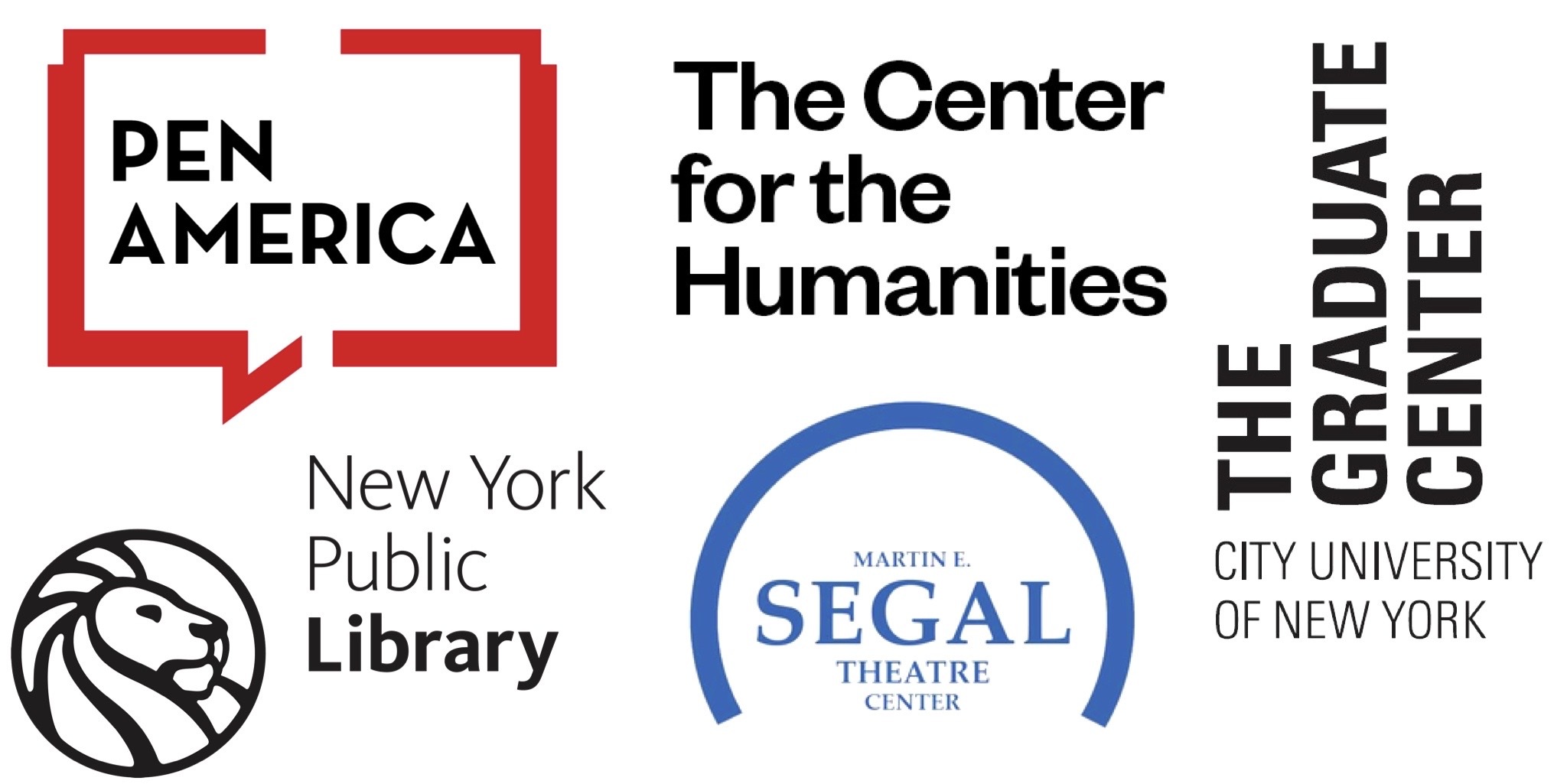
Participants
Related Events
Conversation
Translation Is a Mode = Translation Is an Anti-neocolonial Mode: Readings and Roundtable Discussion

Conversation & Series
Translating the Future Finale: A Flight of Tokarczuk Translators

Conversation & Series
Translating the Future Finale: “Democracy and Translation” with Natalie Diaz, Marilyn Nelson, & Ken Liu
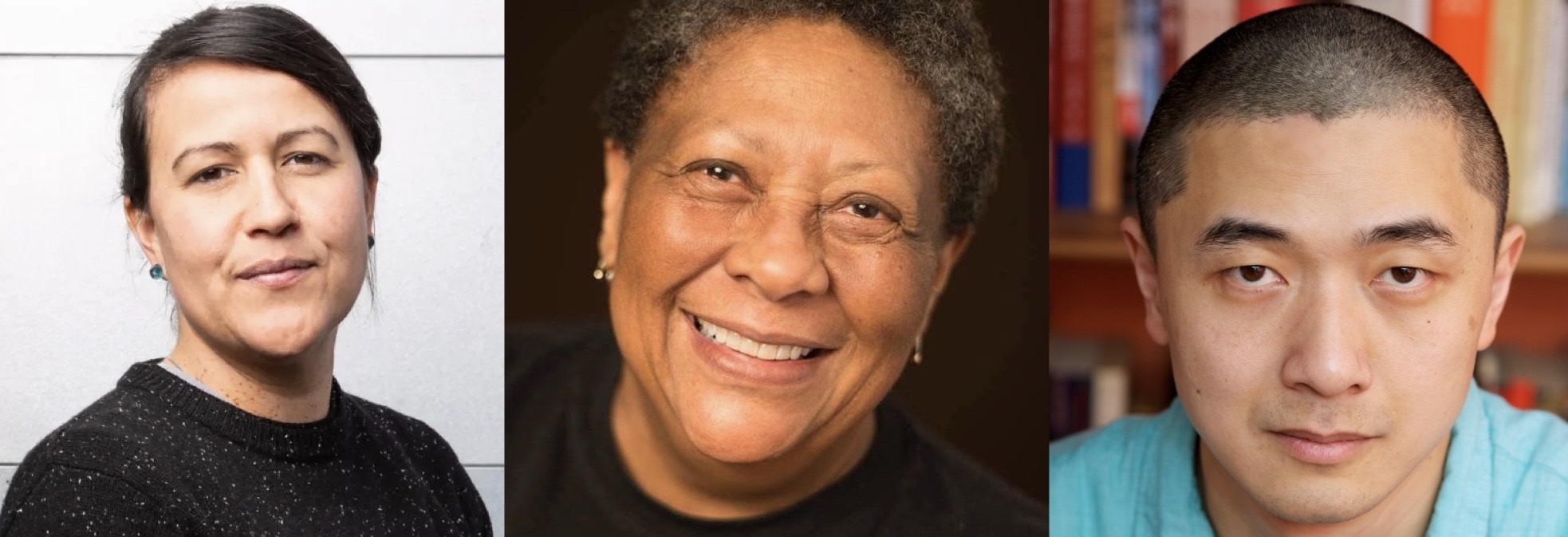
Conversation & Series
Translating the Future Finale at Columbia University: Translating for a World on Fire, with Maria Dahvana Headley and Emily Wilson, moderated by Susan Bernofsky
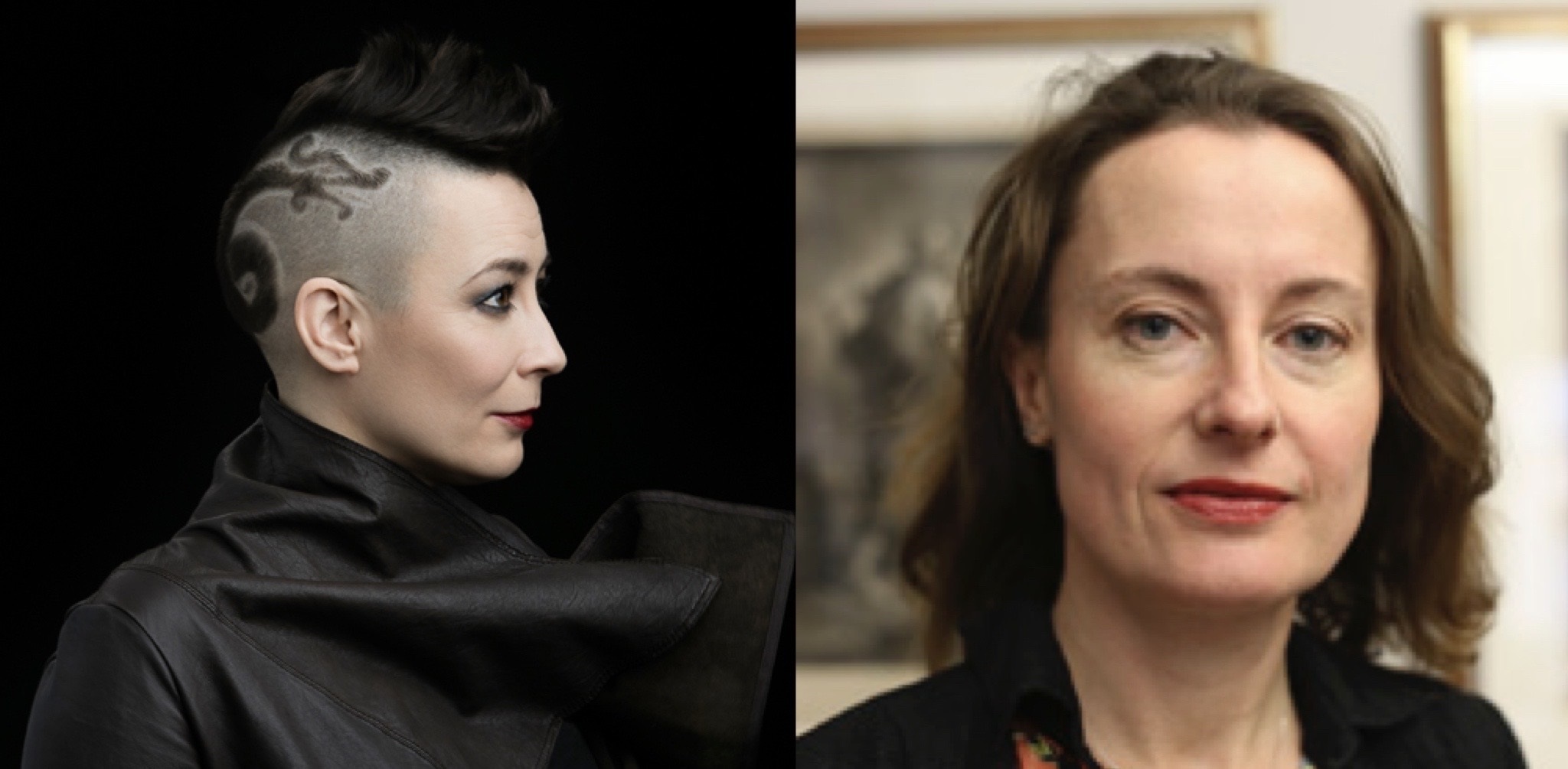
Conversation & Series
Translating the Future Finale: Postmonolingual New York with Ava Chin, Jasmine Claude-Narcisse, Damion Searls, and Lisandro Pérez
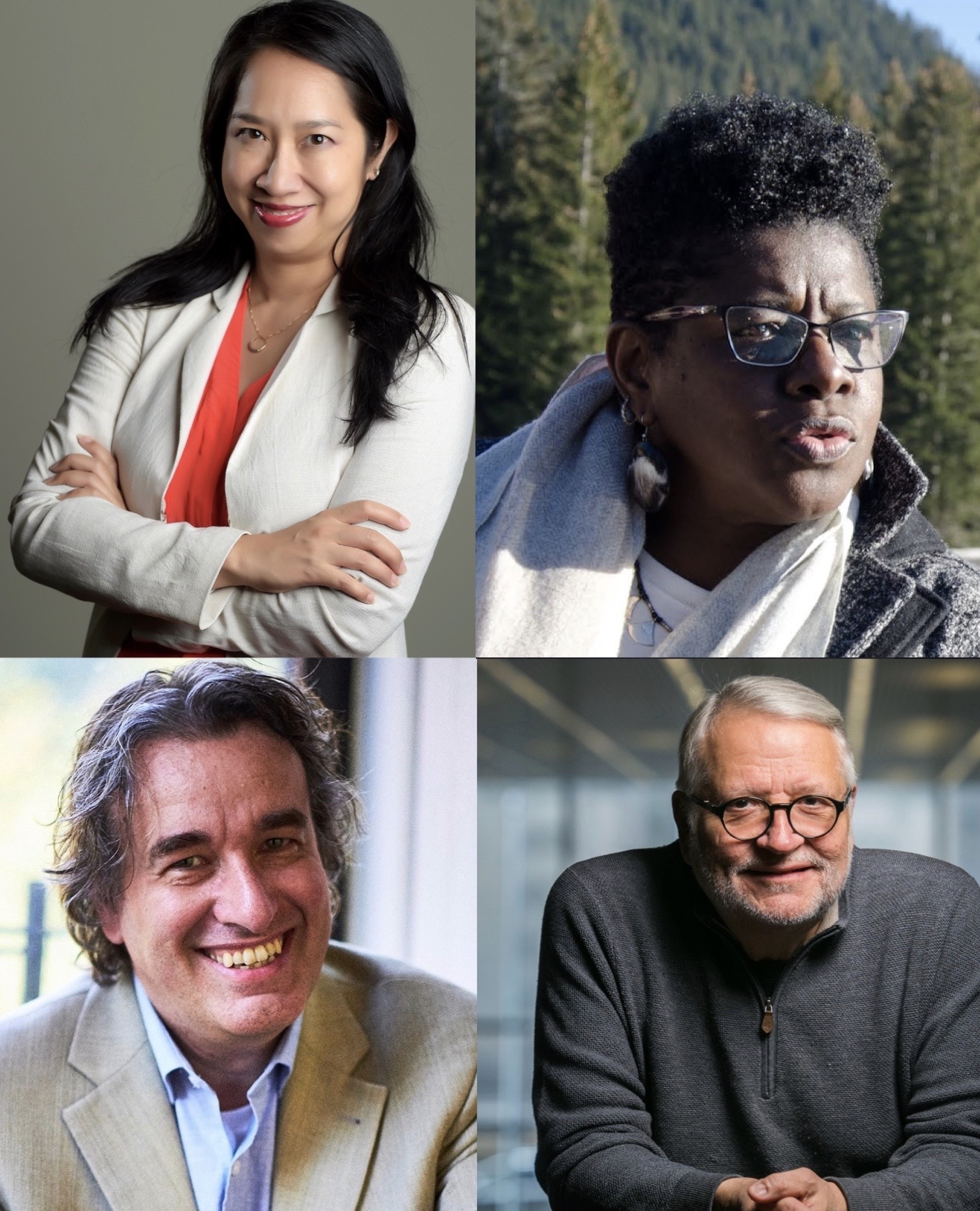
Conversation & Series
Translating the Future Finale: “On the Elusive Art of Translation,” with Kate Briggs and Tracy K. Smith, moderated by Magdalena Edwards
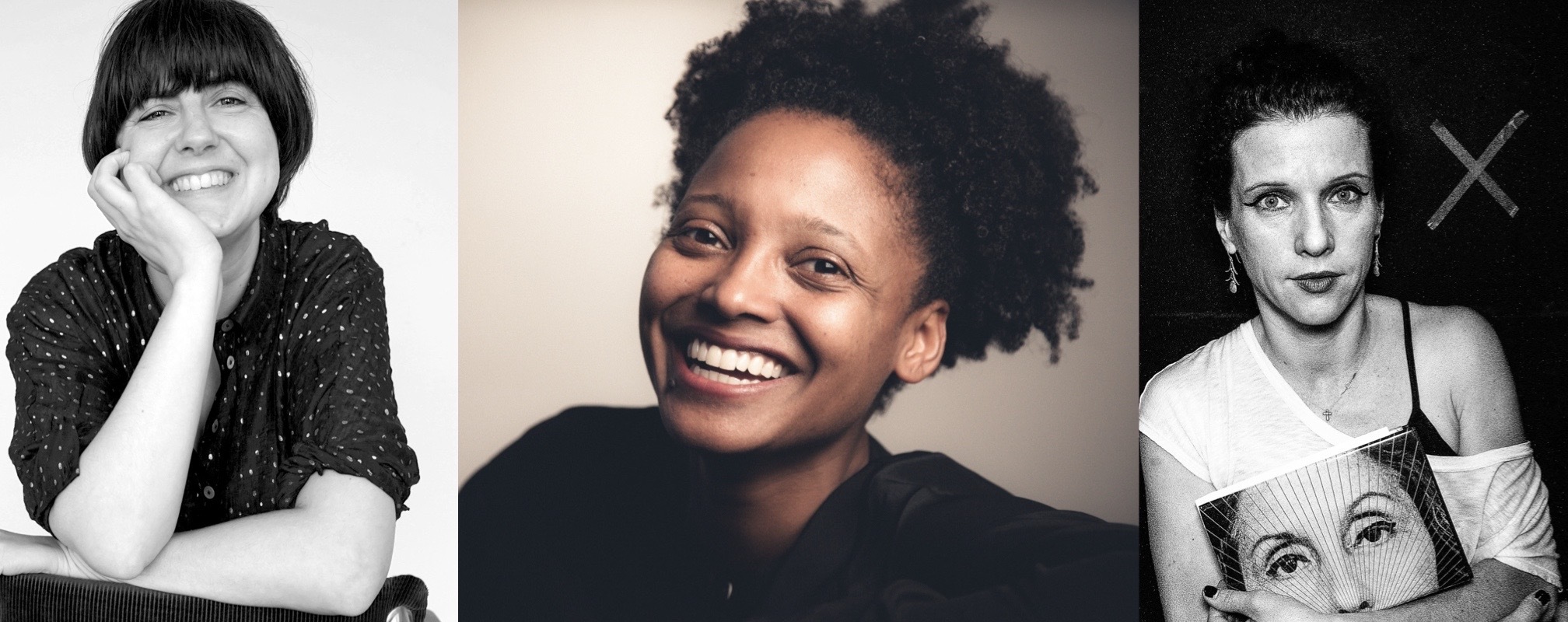
Conversation & Series
Translating the Future: “Activist Translation,” with Anton Hur, Sevinç Türkkan, and Jen Hofer
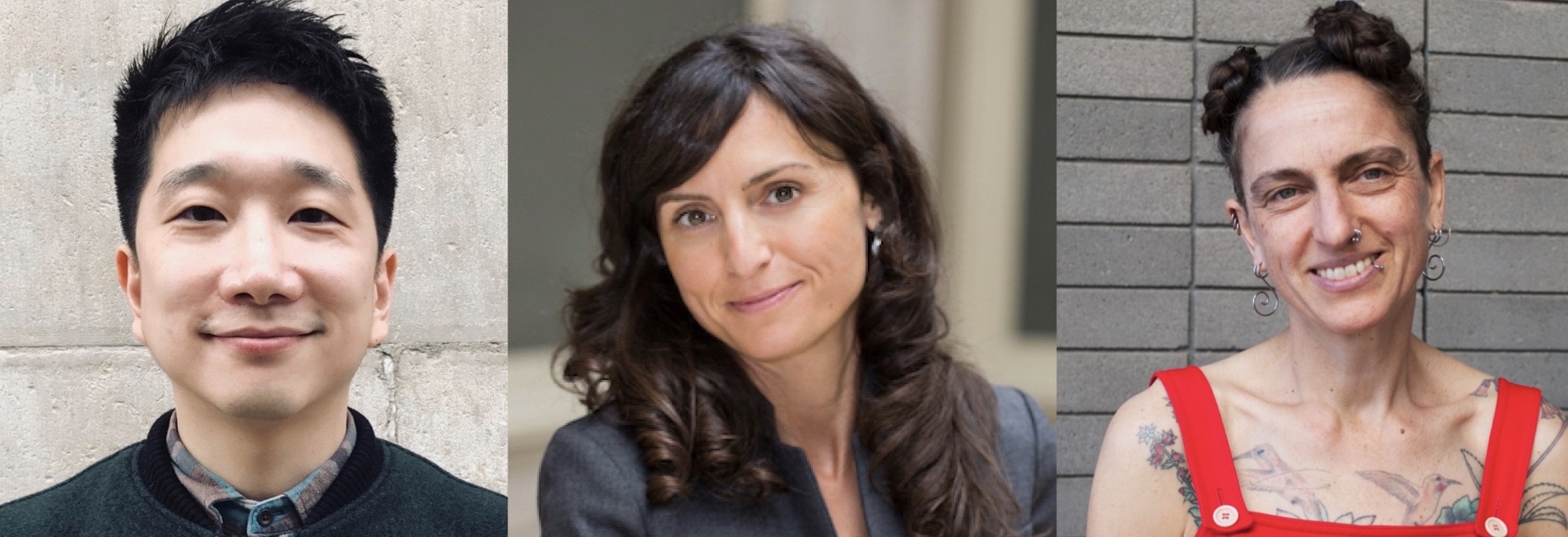
Conversation & Series
Translating the Future: “Translating Trauma” with Ellen Elias-Bursac, Aaron Robertson and Julia Sanches, moderated by Queenie Sukhadia
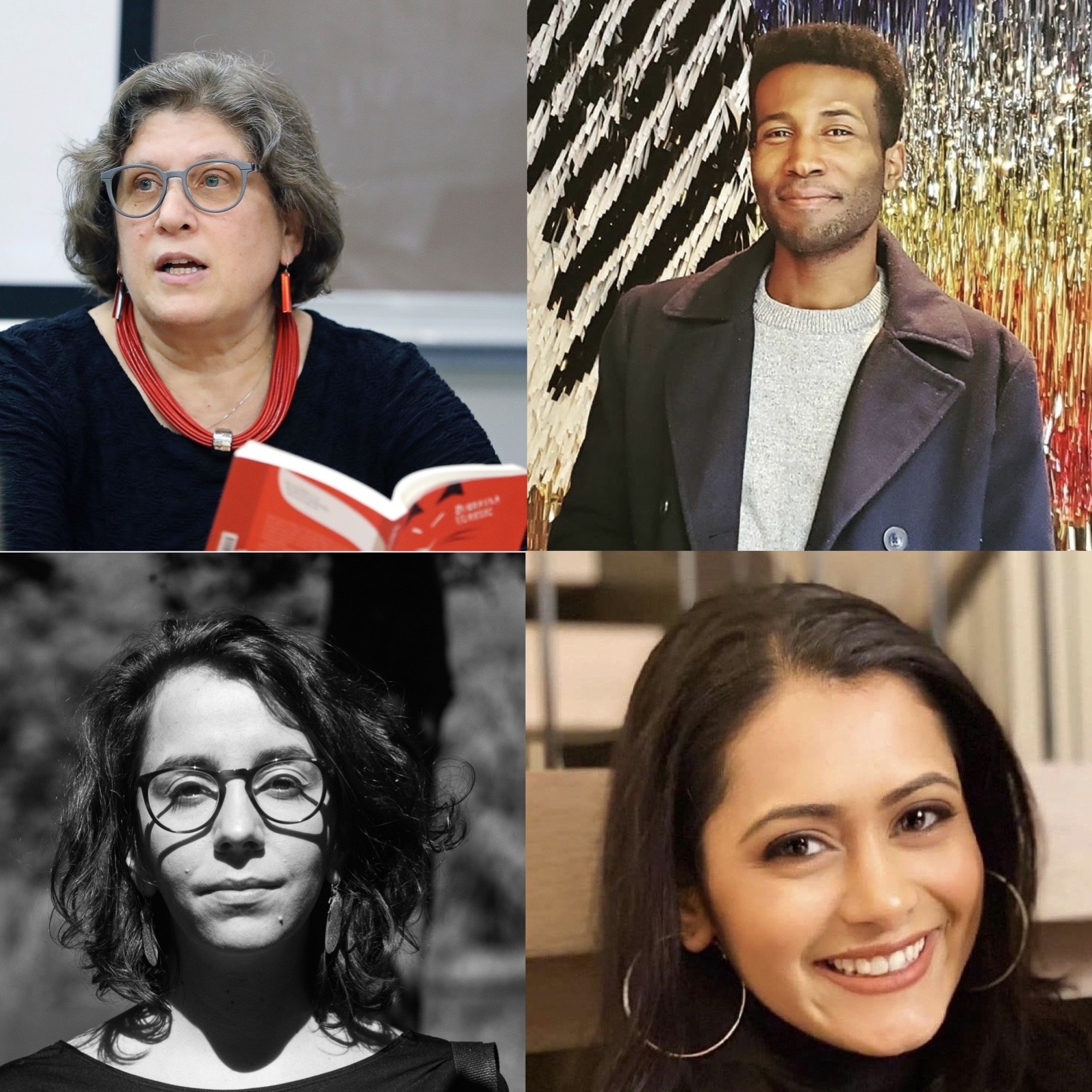
Conversation & Series
Translating the Future: “Motherless Tongues, Multiple Belongings III,” with Janet Hong, Pierre Joris & María José Giménez
